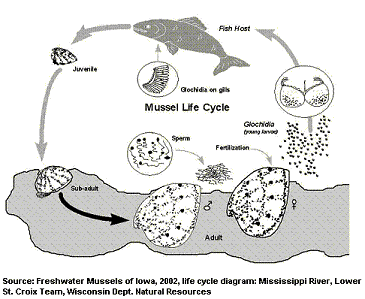
Charlottesville, Virginia
2017-18 ENVIRONMENTAL STATISTICS

OUR WORK
The St. Anne’s-Belfield Environmental Statistics Senior Seminar is a field-based class that combines environmental science and statistics, specifically researching local freshwater aquatic life. The class has accumulated data over five years that has contributed to the much larger project of attempting to save an endangered species. This class has a main goal of determining the ideal habitat for the James River spiny mussel (JRSM), in order to possibly introduce them to more bodies of water and reverse the decline in the JRSM populations. Mussels are indicator species of the quality of the water that makes up their environment. In order to determine the ideal levels of each variable in which the James River Spiny mussel thrives, we tested the following variables of different bodies of water are: nitrates, ammonium, pH, dissolved oxygen (DO), biological oxygen demand (BOD), turbidity, phosphate, temperature, flow rate, conductivity, e. Coli, and benthic levels.
JRSM
James River Spiney Mussel
The James River Spinymussel (JRSM) is a federally endangered freshwater mussel native to North Carolina, Virginia, and West Virginia. We found a population of JRSM in Rocky Creek along with Villosa constricta and Strophitus undulatus. We are monitoring the JRSM population for the Virginia Department of Game and Inland Fisheries. We also searched for JRSM in additional rivers and we are also studying the movement of mussels in Rocky Creek. Eventually, we hope to hypothesize a cause of their population change and perhaps introduce them to new environments, potentially increasing their population size. Through tagging and tracking the mussels we hope to find a general idea of how quickly a population changes and moves. We still do not know the best environment for the JRSM, but hope that our research will lead to sustained population growth for this specific endangered species.
RIVER LIFE
























